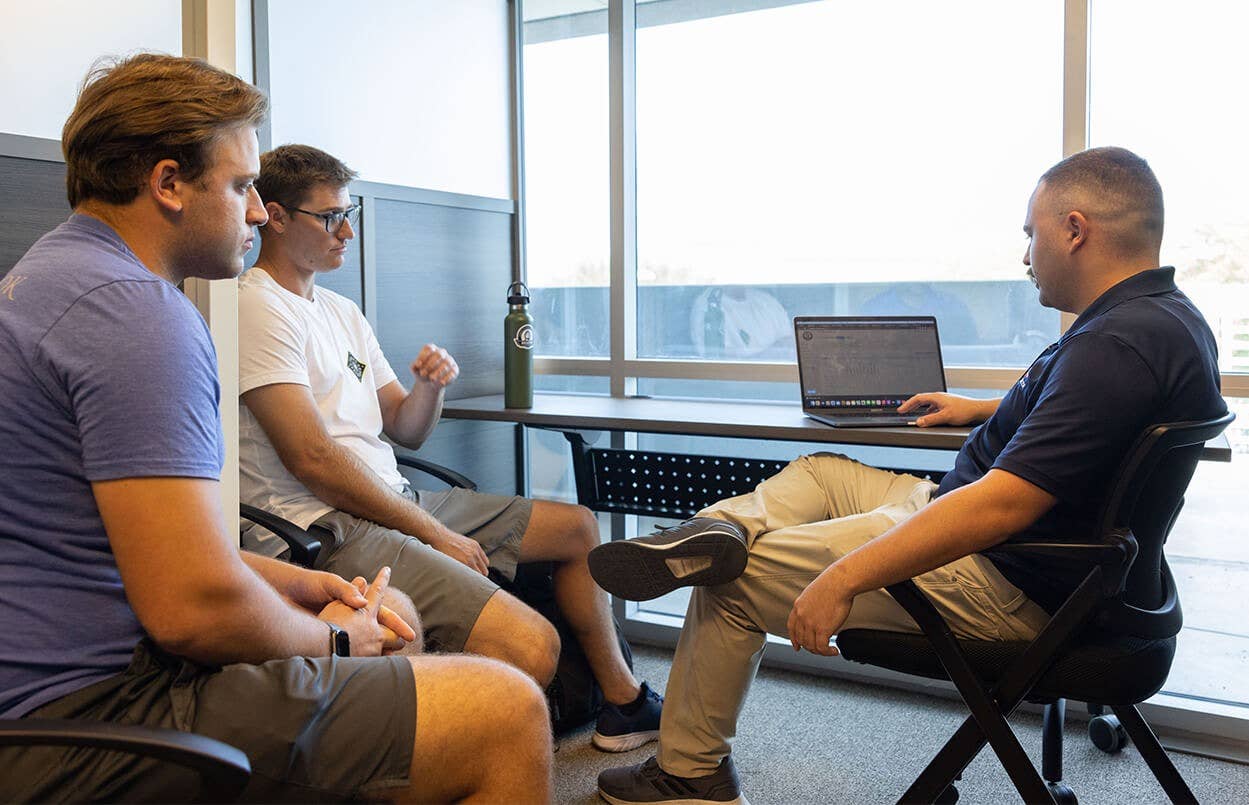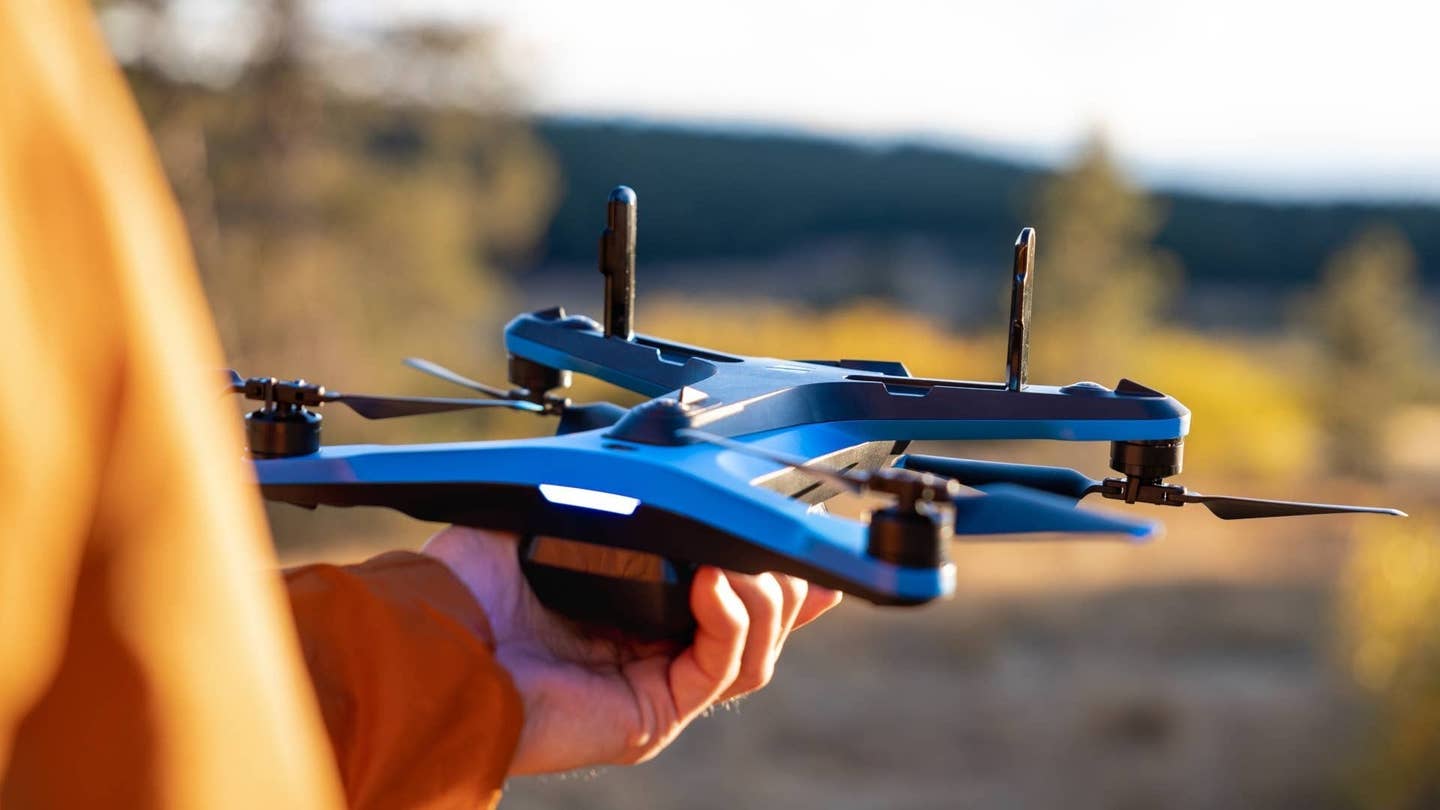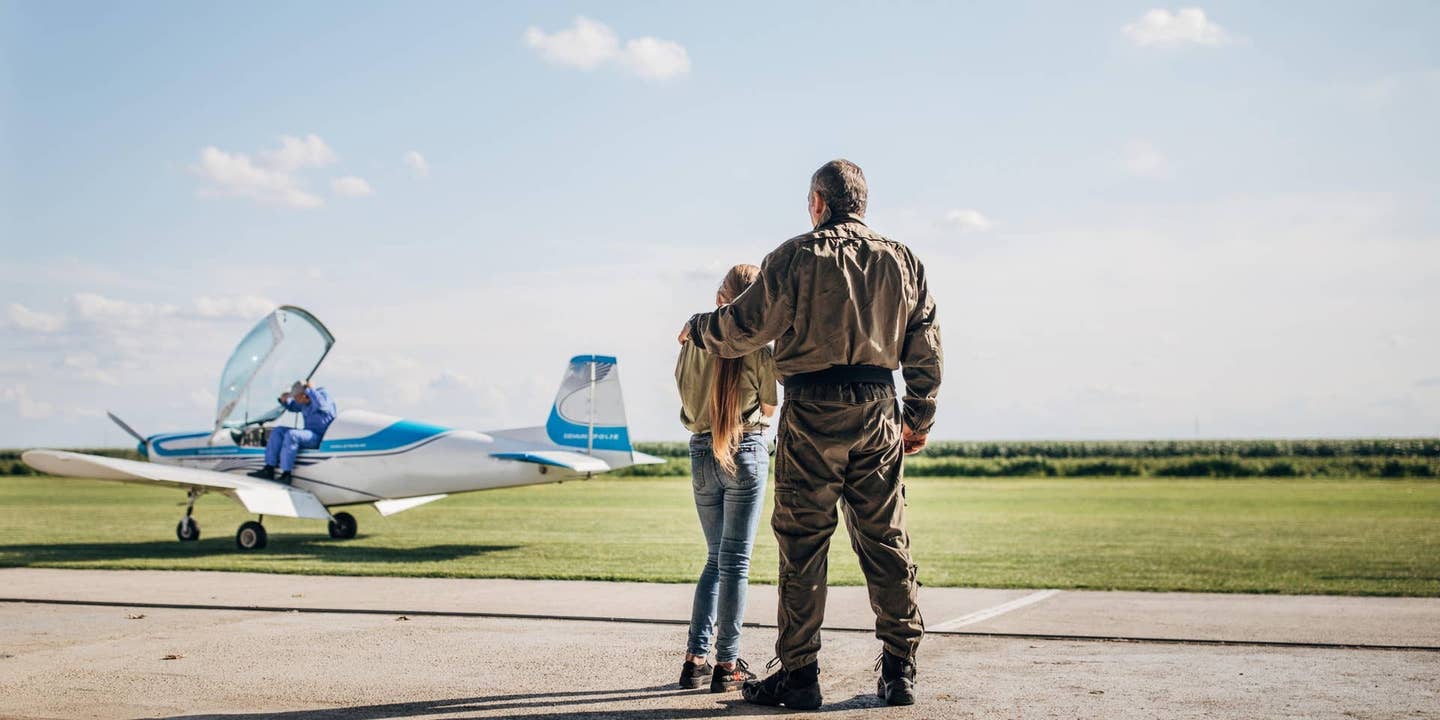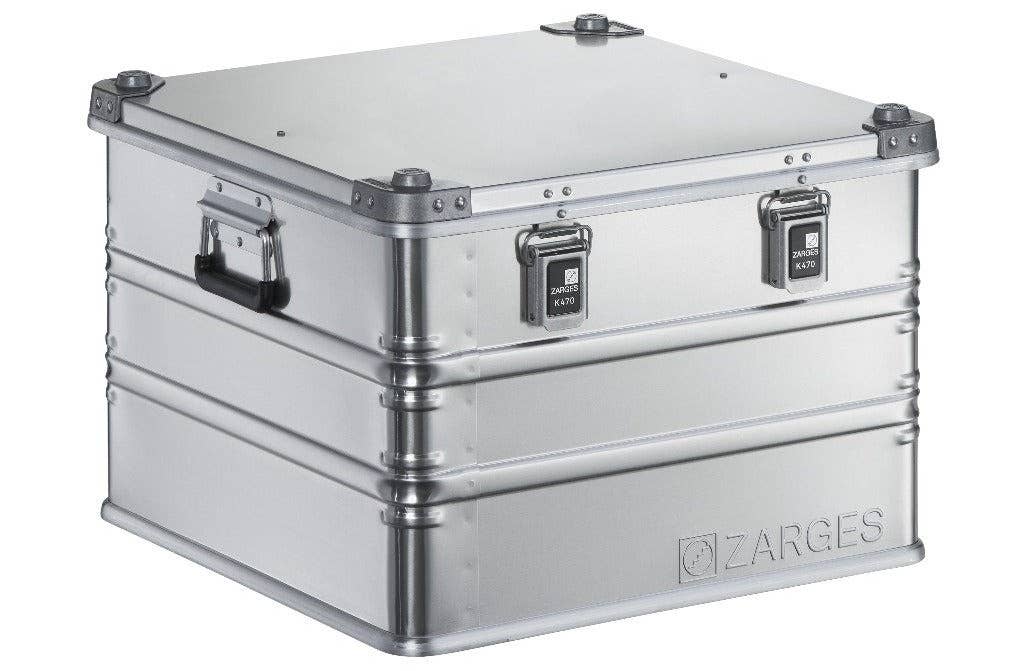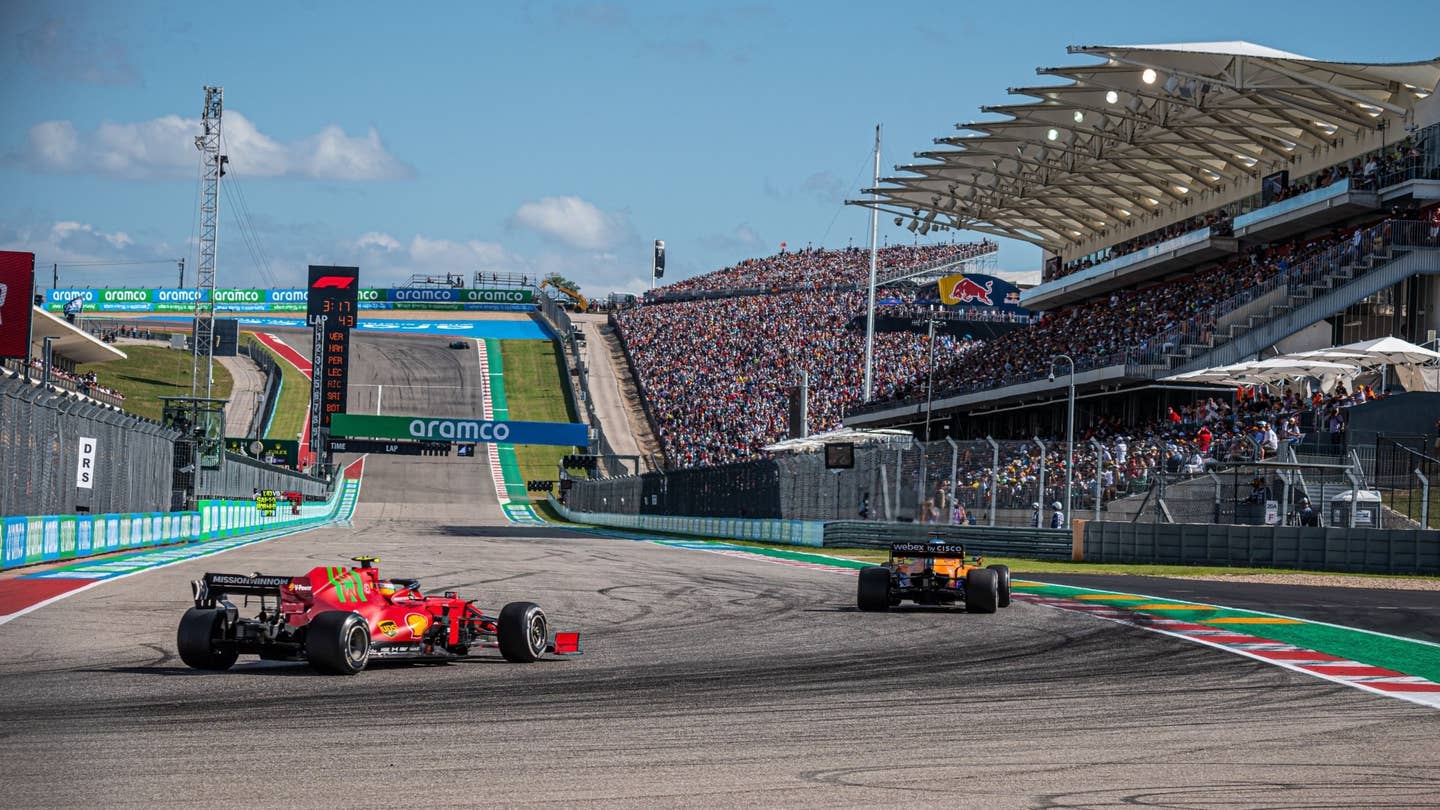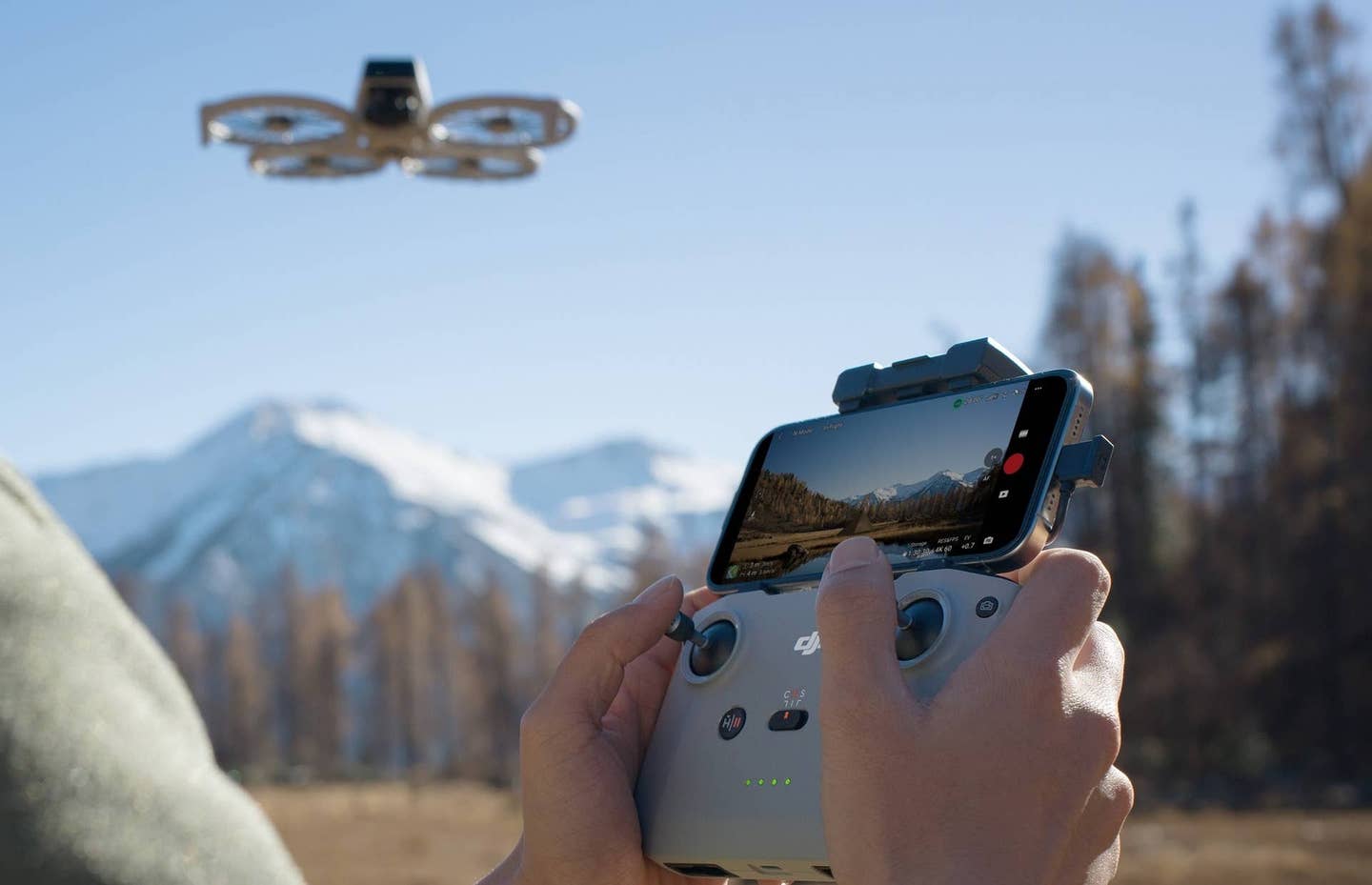Flight School Options in Tennessee
Discover the best flight training programs for pilots in the Volunteer State.
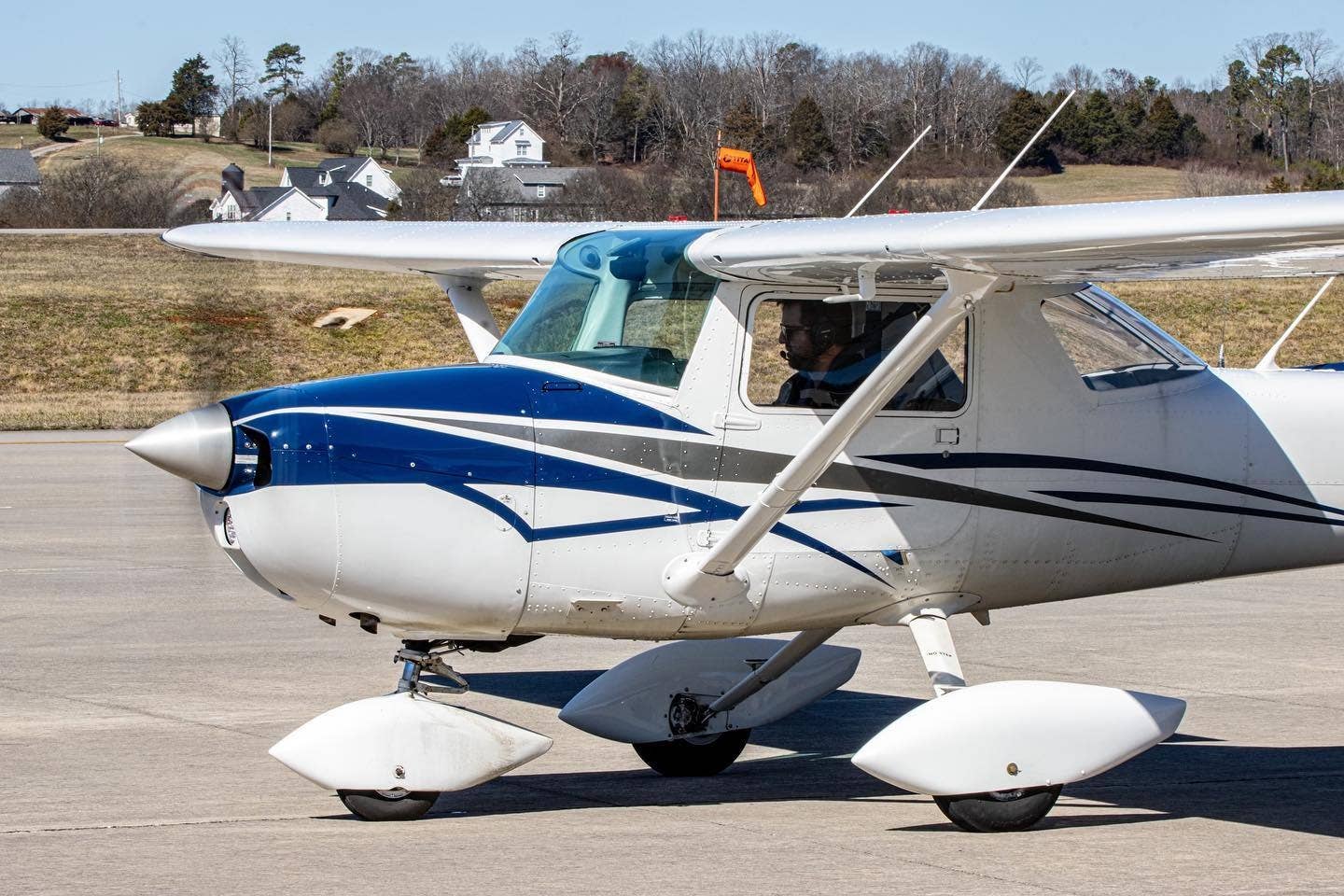
The CAVU Pilot is located at Knoxville Downtown Island Airport (KDKX). [Courtesy of CAVU]
From the Great Smoky Mountains to one of the busiest Class B airports in the country, Tennessee airspace offers a diverse training environment for pilots.
Tennessee’s moderate climate is one of the reasons it’s an attractive state for flight training. The Volunteer State’s aviation industry is expanding, creating a growing demand for skilled pilots and aviation professionals.
While there are many good programs in Tennessee to choose from, we highlighted six for their variety of offerings to meet the different objectives of aspiring pilots. Whether you’re aiming for a private pilot certificate or for the airlines, there’s a school for everyone.
Quick Look: Flight Schools in Tennessee
- Best of Nashville: Harmony Air
- Best of Knoxville: The CAVU Pilot
- Best of Chattanooga: Crystal Air
- Best of Memphis: CTI Professional Flight Training
- Best university program: Middle Tennessee State
- Best aircraft-specific program: Cirrus Vision Center
Harmony Air
Best of: Nashville
On the west side of Nashville, Harmony Air is a local favorite for flight training. John C. Tune Airport (KJWN), while smaller than the neighboring Nashville International Airport (KBNA), holds its own as a towered Class D that is buzzing with activity. Students here can expect great experience with radio communications and flying through busy airspace.
Harmony Air has been operating since 2006 and has a fleet of 26 aircraft with 20 instructors on staff. It has a certified center for Cirrus training and also offers charter flights and aircraft management services.
Tuition and fees: Contact Harmony Air for up to date pricing information.
Financial assistance: No
Accreditation: No
Program length: Flexible scheduling allows students to complete training at their own pace.
Training offered:
- Private pilot ASEL
- Instrument rating
- Commercial pilot ASEL
- Multiengine add-on
- Certificated flight instructor (CFI)
- Certificated flight instructor instrument (CFII)
- Airline transport pilot (ATP)
- Cirrus transition training
Fleet: Cessna 172, Cirrus SR20, SR22, Beechcraft Baron BE-55
Job placement: No
Virtual learning: Yes. Harmony Air is a Sporty’s Pilot Shop partner and recommends using its home study programs.
The CAVU Pilot
Best of: Knoxville
Flexible, professional training is the hallmark of The CAVU Pilot, a flight school and flying club that is known as one of the best in Knoxville. Well-maintained aircraft with advanced avionics are available for training, and CAVU also runs a flying club with a Cirrus SR22.
The school is located at the unique Knoxville Downtown Island Airport (KDKX). A 4,000-foot runway and surrounding airport facilities cover most of this small island, making it a popular destination among GA pilots.
Tuition and fees:
Professional pilot program using the Cessna 150
- Private pilot ASEL: $11,853
- Instrument rating: $10,270
- Commercial pilot: $21,140
- Multiengine add-on: $8,700
- CFI: $6,061
- CFII: $4,474
- Professional pilot program (Private through CFII): $71,799
Professional pilot program using the Diamond DA40
- Private pilot ASEL: $15,714
- Instrument rating: $14,680
- Commercial pilot: $31,175
- Multiengine add-on: $8,700
- CFI: $7,519
- CFII: $5,743
- Professional pilot program total: $92,832
Financial assistance: Yes. Loans are available through The CAVU Pilot’s loan partner, Stratus Financial.
Accreditation: No
Program length: Flexible scheduling allows students to complete training at their own pace.
Training offered:
- Private pilot ASEL
- Instrument rating
- Commercial pilot ASEL
- Multiengine add-on
- Certificated flight instructor (CFI)
- Certificated flight instructor instrument (CFII)
Fleet: Cessna 150, Diamond DA40, Gulfstream American GA-7 Cougar
Job placement: No
Virtual learning: Yes. Home study can be completed through programs like Pilot Institute and Sporty’s Pilot Shop website.
Crystal Air
Best of: Chattanooga
From flowing rivers and scenic mountains to an accessible and growing city, Chattanooga has it all. At the Chattanooga Metropolitan Airport (KCHA), Crystal Air has solidified its reputation as the top-rated flight school in the city. They also offer aircraft rentals, aircraft management, and private charter services.
Their well-maintained aircraft and facilities should be at the top of your list for Part 61 flight training in Tennessee.
Tuition and fees: Instruction costs $65 per hour. Aircraft rental fees depend on the type of aircraft flown. Contact Crystal Air for current pricing.
Financial assistance: No
Accreditation: No
Program length: Flexible scheduling allows students to complete training at their own pace.
Training offered:
- Private pilot ASEL
- Instrument rating
- Commercial pilot ASEL
- Multiengine add-on
- Certificated flight instructor (CFI)
- Certificated flight instructor instrument (CFII)
Fleet: Cessna 162, 172, 182, Vans RV-12, Tecnam P2006T
Job placement: No
Virtual learning: Yes. Home study can be completed through programs like Gold Seal and Pilot Insititute.
CTI Professional Flight Training
Best of: Memphis
Top-tier aircraft, facilities, and training opportunities are available at CTI Professional Flight Training. Whether you aim to become a private pilot or go all the way and complete a college degree in aviation, CTI has training options to fit every student. Through its second location in Florida, students can do part or all of their training at either school, giving students diverse flying opportunities.
CTI even has its own full-service FBO at the Millington-Memphis Airport (KNQA), making ground activities convenient and comfortable for students and instructors. It also has its own in-house check instructors, making check ride scheduling a breeze compared to the normal wait times for outside DPEs.
Tuition and fees: CTI estimates its students pay between $55,000-70,000 to go from zero experience to commercial pilot.
Financial assistance: Yes. Loans are available through CTI’s financing partner, Stratus Financial.
Accreditation: Although CTI is not an accredited school, it has partnership programs with Purdue University Global and the University of Memphis, allowing for students to obtain a restricted ATP.
Program length: Course durations are based on a full-time training schedule.
- Private pilot: 1.5 months
- Instrument rating: 1.5 months
- Commercial pilot: 3 months
- Professional pilot program (private to commercial): 6 months
- Professional pilot program (instrument to commercial): 4 months
- Certified flight instructor airplane: 1.5 months
- Certified flight instructor instrument: 3 weeks
- Certified flight instructor multiengine: 2 weeks
Training offered: Private pilot ASEL, instrument rating, commercial pilot ASEL, multiengine commercial add-on, certificated flight instructor (CFI), certificated flight instructor instrument (CFII), Multiengine instructor (MEI)
Fleet: Diamond DA20, DA42-NG, WACO Great Lakes
Job placement: Yes. CTI has alliances with Silver Airways and SkyWest Airlines, guaranteeing job interviews after completion of training.
Virtual learning: Yes. Online classes are available through CTI’s partnership with Purdue University Global. CTI also utilizes Jeppesen training materials and curriculum.
Middle Tennessee State University (MTSU)
Best: University program
As the only university flight training program in the state, MTSU is a household name among local pilots. Students of the university can complete an associate or bachelor’s degree alongside their flight training, all within close proximity to the city of Nashville at Murfreesboro Municipal Airport (KMBT). In-state tuition, regional discounts for nearby states, and a long list of funding options help make this program financially accessible.
From busy airspace near the Nashville Class C airspace to mountain flying in east Tennessee, MTSU gives students a well-rounded training experience.
Tuition and fees: Tuition for undergraduate and graduate programs at MTSU varies depending on credit hours and student eligibility for in-state tuition. Expect to pay at least $40,000 for an in-state bachelor’s degree, more for a graduate degree or out-of-state tuition. The fees listed below for flight training are in addition to school tuition.
- Private pilot: $19,992
- Instrument rating: $18,274
- Commercial pilot: $23,165
- Multiengine add-on: $6,745
- Certified flight instructor (CFI): $2,225
- Certified flight instructor instrument (CFII): $3,795
- Flight instructor multiengine (MEI): $7,570
Financial assistance: Yes. Federal financial aid, grants, scholarships, regional and in-state discounts, and on-campus employment opportunities are available.
Accreditation: Yes. MTSU’s program is accredited by the Aviation Accreditation Board International (AABI) and recognized by the FAA as an approved institution for the R-ATP (Restricted Airline Transport Pilot.)
Program length: 2-4 years, depending on degree sought.
Training offered: Private pilot ASEL, instrument rating, commercial pilot ASEL, multiengine commercial add-on, certificated flight instructor (CFI), certificated flight instructor instrument (CFII), multiengine instructor (MEI), tailwheel endorsement.
Fleet: Diamond DA40, DA20, Piper Seminole PA44, Piper Cub
Job placement: Yes. MTSU partners with Delta Air Lines for its Delta Propel career program and Southwest Airlines for its Destination 225 career program.
Virtual learning: Yes. MTSU offers online classes.
Want some help from experts? FLYING has teamed up with Flycore to provide a flight school matching service. The team at Flycore are pilots and instructors, and have taught hundreds of students over the years, from casual pilots to airline professionals to private aviation pilots. Click here to learn more.
Cirrus Vision Center
Best: Aircraft-Specific Program
Nestled in the foothills of the Great Smoky Mountains in Alcoa, Cirrus Vision Center offers a unique luxury flight training experience. As the customer hub of the Cirrus brand, the sprawling facilities contain an impressive display of its SR series aircraft and Vision Jets. The ramp and adjacent hangars at McGhee Tyson Airport (KTYS) are lined with aircraft in every custom colorway imaginable. It also boasts an enormous simulator bay and proudly displayed collection of full-motion sims.
As the only location in the world to offer type ratings for the SF50 Vision Jet, Cirrus Vision Center is a special place for flight training. While not recommended for a fast and cost-effective path to an airline career, the top-tier facilities, technology, and instructors at Cirrus could be a great fit for the right pilot.
Tuition and fees: Contact Cirrus for current pricing.
Financial assistance: No
Accreditation: No
Program length: Flexible scheduling allows students to complete training at their own pace.
Training offered: Private pilot ASEL, instrument rating, Cirrus transition training, type Rating for Cirrus Vision Jet
Fleet: Cirrus SR20, SR22, SR22T, Vision Jet SF50
Job placement: No
Virtual learning: Yes. Cirrus offers its own curriculum of online courses.
Factors to Consider When Choosing a Flight School in Tennessee
Weather in Tennessee
While Tennesseans get a taste of all four seasons, the state sits squarely in the middle of the eastern U.S., where the weather is generally mild. Most of the year, temperatures are neither extremely hot nor cold. Humidity tends to be relatively high, which contributes to frequent foggy and cloudy conditions, particularly in the fall and spring. Dense clouds and fog present excellent opportunities for instrument flying, giving pilots access to real-world experience that is highly relevant in a professional flying career.
Airport location
Training at a large, busy airport with a control tower can be a different experience from training at a small nontowered airport. If you’re unsure which type of environment may be best for you, try visiting schools at both larger and more rural airports to get a feel for what training there might be like.
Schools located in larger cities are likely to be located at or near a busy airport, giving students great exposure to heavier pilot workloads. At towered airports, pilots need to talk to tower and ground controllers to receive instructions on where to go and how to get there. While the radio communication practice at airports like this is top notch, flight times can be longer, making flight training possibly more expensive over time. There may be lines to get in or out of the airport, and flights out to the practice area can take longer at towered airports.
At nontowered airports, pilots aren’t required to be on the radios as much and may not get as much exposure to busy airspace. They can, however, have shorter flights out to the practice area, making their lesson hours more efficient.
Now that you have a better idea of what good flight schools are in your area, check out this guide to what gear you should pick up as a new or rusty pilot.
FAQ
How much is flight school in Tennessee?
Average flight school costs in Tennessee range from $12,000 to $20,000 for private pilot training.
Does Tennessee have a flight program?
There are many flight training programs to choose from in Tennessee. Middle Tennessee State is the only accredited university in the state that offers flight training in-house.
How long does it take to become a pilot in Tennessee?
It can take as little as a couple months or as long as a few years to become a pilot in Tennessee, depending on the individual student’s goals and availability.
Will airlines pay for flight school?
Some airlines cover part or all of the cost of flight training for cadet pilots who commit to an airline early and go on to fly for that company. Not all airlines cover training costs, so it’s important to do your research before committing to any training program.

Sign-up for newsletters & special offers!
Get the latest FLYING stories & special offers delivered directly to your inbox

